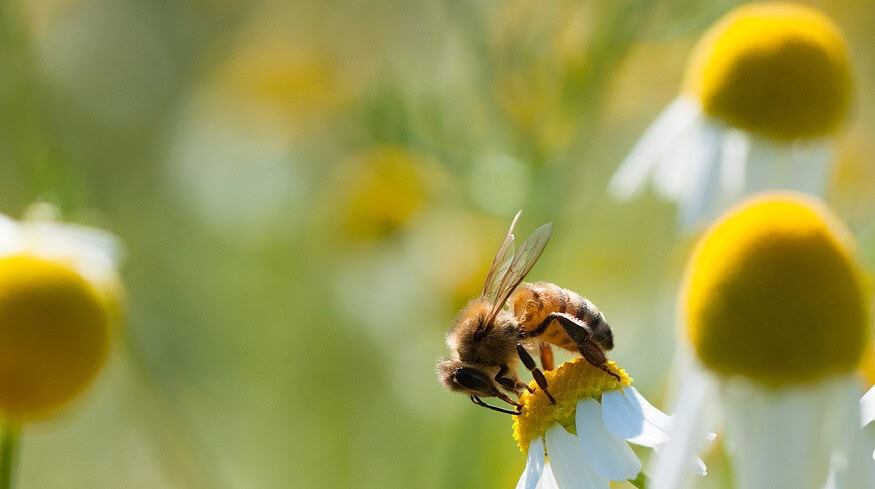Organic farming enhances biodiversity — study

A new study conducted by researchers at Lund University in Sweden reveals that organic farming significantly increases plant species diversity, but the benefits are only realized after several decades. Published in the Journal of Applied Ecology, the research indicates that after thirty years of organic farming, plant species richness around crops had more than doubled compared to conventional farms.
The study spanned 88 fields across 30 farms in southern Sweden, showing an increase in arable plant species from an average of 15 to 35 after the farms transitioned to organic practices. This discovery underscores the long-term nature of biodiversity recovery following a shift from conventional to organic farming methods.
Romain Carrié, the lead researcher from Lund University, expressed surprise at the sharp rise in biodiversity. “We were surprised by the sharp increase in the number of plant species. After thirty years, we weren’t expecting that, and it looks like it may continue to increase,” Carrié stated. This ongoing improvement suggests that the potential benefits of organic farming on biodiversity might have been underestimated if the time factor isn’t considered.
The findings stress the need for patience and long-term planning in agricultural policies to support farmers during the transition to organic farming. These policies should consider the gradual buildup of ecosystem services, such as those that enhance crop yields through increased arable plant diversity.
The study also noted that herbicide-sensitive plants took longer to reestablish in cereal fields that switched from conventional to organic farming, indicating a possible long-term impact of herbicides even after their use is discontinued. Moreover, the research highlighted the importance of pollinator-friendly practices, as plants dependent on insect pollination took longer to recolonize.
Carrié hopes the study will inspire new policies to encourage organic farming, thereby preserving biodiversity. “We hope that policymakers take note of the conclusions and that we can inspire new policy instruments to stimulate the transition to organic farming in order to preserve biodiversity,” he remarked.
These findings contrast with previous research that indicated a more immediate increase in biodiversity at field edges, suggesting that the dynamics within fields differ significantly from their perimeters. This comprehensive study underscores the importance of evaluating the full impact of organic farming over extended periods to fully understand its benefits to biodiversity.
Enjoyed this story?
Every Monday, our subscribers get their hands on a digest of the most trending agriculture news. You can join them too!














Discussion0 comments